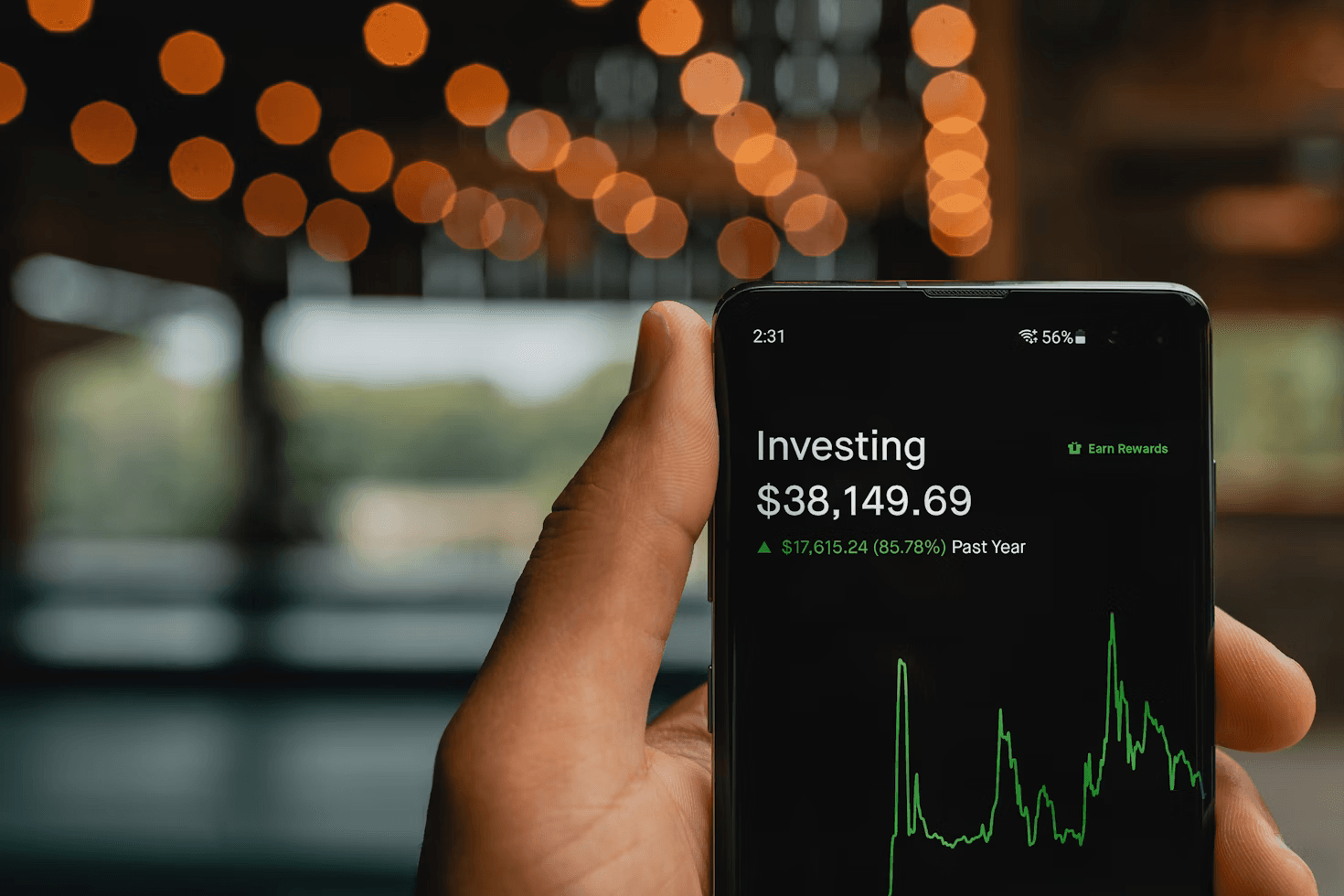How to Start Investing in Gaming

Gaming is just a fun hobby for many people. But actually, it’s become a multi-billion-dollar industry. It’s growing faster than music, movies, and TV industries combined.
The gaming industry surge could mean serious business and it has huge potential for investors. Investing in gaming today is kind of like investing in tech back in the day. But you need to know where the money goes and how to cut down the risks. Our simple guide will walk you through how the industry works, how to invest, and other tips to know.
How the Gaming Industry Works
Games come in all shapes and sizes. Big hits like FIFA or Call of Duty. Mobile games. Indie games. Monetization works in different ways. Some games are sold once. Some run on subscriptions. Many make money from in-game purchases or selling virtual items.
Another fast-growing part is games with real money. That includes NFT games, fantasy sports, and especially poker for real money. This classic card game has found huge success in the digital world, with millions of players joining online platforms daily to test their skills and win actual cash. The appeal of poker lies in its mix of strategy, psychology, and the chance to turn a small stake into a big win.
How Lessons From Playing Poker Apply To Investing
In decision-making with a lot at stake, you can hardly find activities more similar than poker and investing. The two require that you can accurately gauge risk, interpret limited information, and base your decisions neither on emotions nor outside pressure. Those who have played poker for real money have realized the need to be focused, have long-term memory, and not to make emotional moves of despair—skills that can be utilized in wise investing.
That’s how the strategy of poker perfectly matches the success of your investment:
- Probabilistic Thinking: Poker players’ decisions usually involve the likelihood of occurrence rather than assurance—investors also estimating the future of an investment based on likelihood of a ROI rather than a sure path.
- Discipline and Patience: Keeping an eye on the perfect hand in the poker game is the same as waiting for the right market conditions or opportunity. Rushing into any of the situations can lead to significant loss.
- Risk Management: It is clear to wise players that they should bet with moderation in order not to go too far—just like investors who wisely diversify where it makes sense to and control the risk of their portfolios based on their own tolerance.
- Emotional Control: Tilt is the unpardonable sin, it can cost a poker player the whole session, while panic selling because something has gone down while your original thesis has not changed is equally irrational Both poker and investing in the stock market require a serene disposition and calculation over emotion.
Ways to Invest in Gaming
There are a few different ways to invest. Each comes with its own level of risk and reward. Let’s break them down. Gaming ETFs are funds that hold shares from many gaming companies. When you buy into an ETF, you invest in many companies at once. Some examples:
- ESPO – VanEck Video Gaming and eSports ETF;
- HERO – Global X Video Games & Esports ETF.
These generally come with lower risk and steady returns. They may be good for beginners as a result. Public company stocks can also be an easy way to invest in gaming Just buy shares of gaming companies like:
- Take-Two Interactive;
- Nintendo;
- Sony;
- Electronic Arts;
Pros of Public Company Stocks
- Reliable
- Well-known
- Lower Risk
Cons of Public Company Stocks
These are already big players, so the returns may be limited.
Crowdfunding
Platforms like Kickstarter or Republic let you back a game before it’s released. You invest in one project. If it takes off, you could make way more than you put in. But this is risky. A lot of games never launch. You’ve got to read the details carefully.
Private Investments in Startups
This is for people with some capital and experience. It means putting money into game studios early on, usually through venture-style deals. That means high risk, but possible big rewards.
What to Know Before You Invest
Don’t just throw money around. Take a moment to analyze the bigger picture before investing. Here are a few things to look at first:
- Trends. Mobile, free-to-play, and esports are growing fast;
- Team. Check who’s behind the project. Good developers are a big plus;
- Community. If the game already has fans, that’s a good sign;
- Financials. For stocks, look at profit, debt, and growth;
- Monetization. In-game purchases often make more money than selling the game once.
Gaming is unpredictable. Even big studios mess up sometimes. Here are the common risks:
- Competition. New games launch every day.
- Trends shift fast. What’s cool now might not be cool in six months.
- Small studios can run out of cash. They might not survive a flop.
Investing Through the Game Itself

There’s also a way to “invest” by playing. It’s not classic investing, but people treat it like one. We’re talking about Play-to-Earn and real-money games. Play-to-Earn games pay players with crypto or NFTs. You can sell those later. Examples: The Sandbox, Star Atlas. People buy virtual land, gear, or characters and hope the value goes up. Poker for real money is another way people try to make money in games. But here’s the catch — this isn’t passive income. You’ve got to stay active to make a profit. It’s more work than it sounds.
Tips for First-Time Investors
Getting into the gaming industry as an investor can be exciting, but it’s easy to get overwhelmed at the start. Many newcomers make emotional decisions or chase hype without doing proper research. Stay calm, stay smart, and focus on long-term growth. Avoid rookie mistakes. Try these simple tips:
- Learn the market. Do your own research. Keep up with news, game launches, and reviews;
- Start small. Consider buying a few stocks or investing in an ETF. Don’t dive into high-risk investments right away;
- Evaluate how you deploy your funds, especially as you’re learning. Consider spreading your money out — diversifying with stocks, ETFs, maybe some crowdfunding;
- Take profits where it makes sense rather than watch them evaporate. It may be better to lock in gains at a given time iff you believe the investment has run its course. Do not be afraid to cash out, especially if there may be a better use of funds rather than the original investment.
Gaming moves fast. Changes are frequent, and there’s real money involved. The environment has shifted from CDs to cloud, from just playing to actually earning. You don’t need much to start, just a few bucks and a trading app. Know what you’re getting into. Be smart, do your research. Game makers make money. You may be able too.
